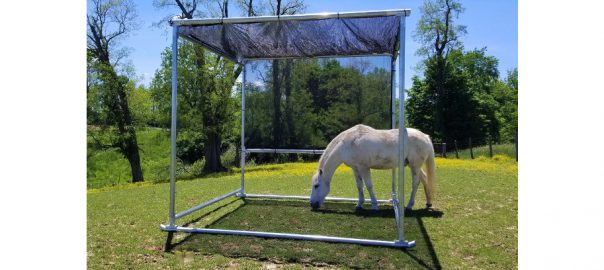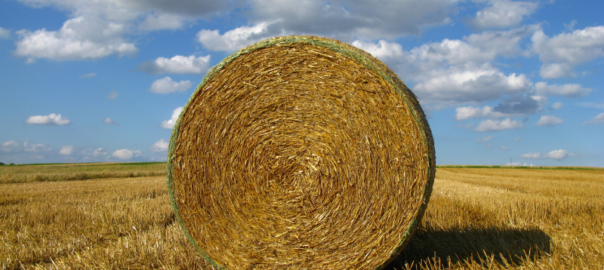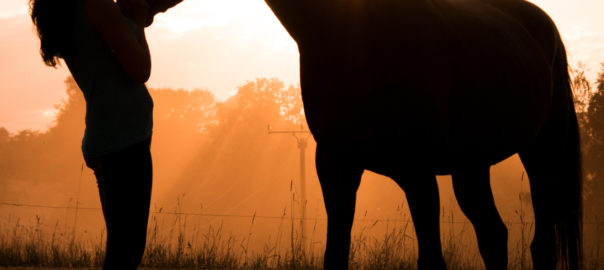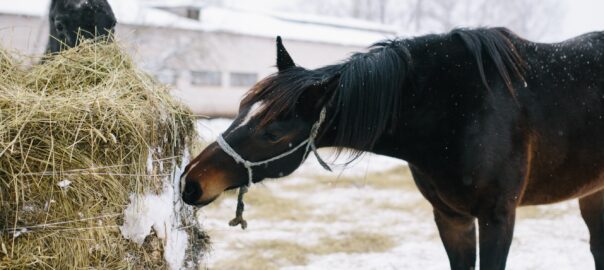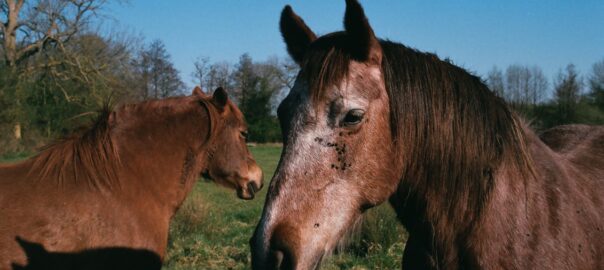Portable shades for horses offer several benefits, both for the well-being of the horses and the convenience of horse owners and caretakers. Here are some of the key benefits:
Sun Protection: One of the most notable benefits is that portable shades provide essential protection against the sun’s harmful ultraviolet (UV) rays. Horses, like humans, can suffer from sunburn, which can be painful and lead to skin issues. Prolonged sun exposure can also increase the risk of skin cancer in horses.
Temperature Regulation: Portable shades help horses stay cooler during hot weather. Excessive heat can lead to heat stress and dehydration in horses, and providing shade can mitigate these risks.
Stress Reduction: Horses can become stressed when exposed to extreme weather conditions. Providing shade allows horses to seek refuge from the sun and heat reducing their stress levels.
Health and Comfort: Shade can help prevent heat-related health issues like heatstroke or exhaustion. It also keeps the ground in the shaded area cooler and more comfortable for the horse to stand or lie down on.
Versatility and Mobility: Portable shades are easily moved and can be set up in different areas of a pasture as needed. This flexibility allows horse owners to rotate grazing areas and prevents overgrazing in one spot.
Convenient Management: Portable shades can be set up and taken down relatively easily, making them a convenient option for horse owners who may not want to invest in permanent structures. They can also be used at horse shows, events, or temporary stables.
Happy and Healthy Horses: Ultimately, the well-being of the horses is the most significant benefit. Providing them with shade ensures they are more comfortable, happier, and healthier.
Klene Pipe’s portable horse shades provide the protection your horse needs from the sun and heat to stay happy and healthy. See one of our customers talk about her experience with our portable shade:
